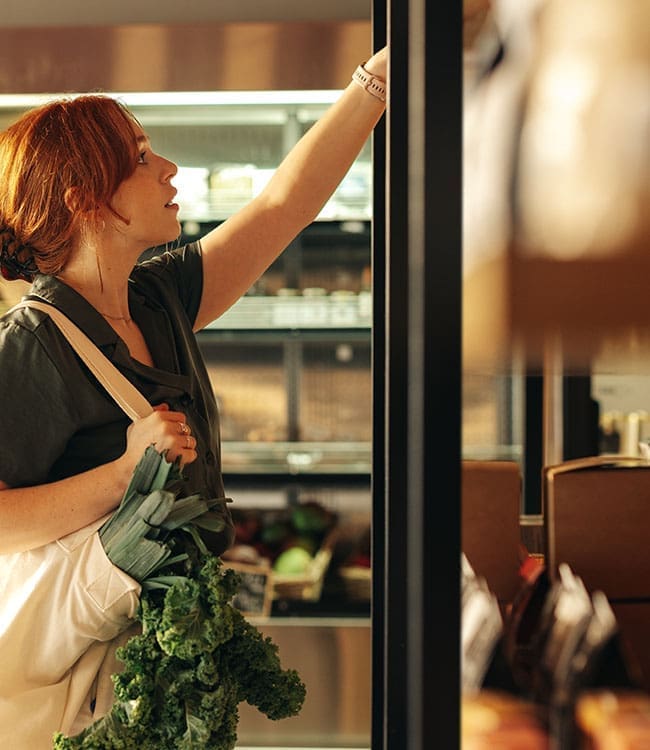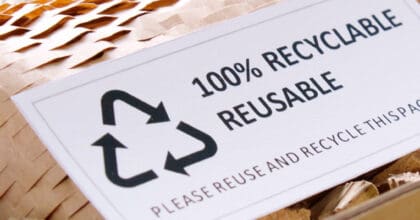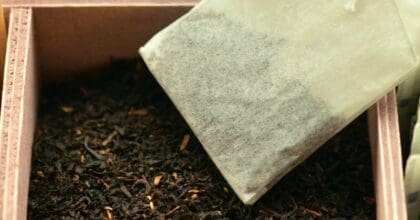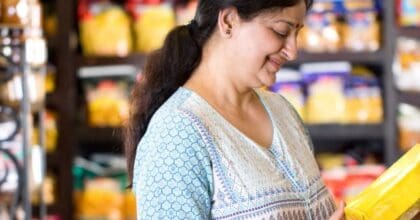In our increasingly busy, instant-gratification culture, we are consuming more than ever, but there is also more rhetoric than ever before about the impact of these behaviours on the environment.
Mintel Trend ‘Hungry Planet’ explains how today’s throwaway culture is becoming a contentious issue and consumers are looking for ways to conserve the planet’s resources. In addition to that, Mintel’s 2018 Global Packaging Trend ‘Sea Change’ discusses that plastic packaging adrift in the world’s oceans will become the catalyst driving brands to rethink packaging in a context consumers can understand act upon.
Here, we discuss the efforts made across Asia Pacific to cut down the amount of waste contributed to the world’s environment.
Save your city, Myanmar
The strong economic growth Myanmar has enjoyed since its political and social liberalisation in 2011 has brought many benefits to the country, but it has also had some negative consequences, including mounting waste. Changing lifestyles mean that consumers are eating more ready-made food and throwing away more plastic in a country that lacks an effective waste management system. The Yangon City Development Committee, for example, revealed in 2016 that the city’s 5.21 million people produce 1,981 tonnes of garbage a day, equivalent to 0.41kg per person, up from 0.34kg in 2012.
City Mart, a retailer in Myanmar, has launched a new kit designed to encourage shoppers to use less plastic. Called the City Hero kit, it contains a reusable water bottle and a recyclable bag. While only available for a limited period of time in participating stores, the money raised was allocated to environmental projects.
Edible packaging, Indonesia
According to Mintel research, one in three Indonesians said that being environmentally friendly is a reason to pay a premium price for everyday goods. The Indonesian government is well aware of the damage caused by plastic pollution, and has pledged to reduce plastic debris by 70% by 2025. This offers brands an opportunity to work with government officials in creating eco-friendly initiatives.
In Indonesia, start-up company Evoware launched last year edible packaging made using seaweed. The company focuses on creating sustainable and innovative packaging through the use of seaweed. Not only is the packaging edible, offering a range of nutritional benefits, it will also naturally biodegrade if it ends up being thrown away. Since the packaging dissolves in hot water, the start-up is currently exploring other uses, such as instant noodle seasoning sachets and instant coffee, where the entire packaging can simply be dropped into hot water and cooked.
Vending in reverse, Australia
According to Australian government data, in New South Wales alone, 168 million drink containers end up as litter every year. Such figures suggest that any scheme that can partly reduce the impact of plastics on the environment will likely be welcomed by most consumers.
Reverse vending machines that dispense 10 cents for every bottle returned have been rolled out across New South Wales, Australia, with Woolworths alone installing more than 180. The ‘Return and Earn’ scheme aims to reduce the amount of litter in the Australian state by 40% by 2020.
What we think
As wastage and environmental damage come under scrutiny from today’s educated consumers, more are choosing to side with companies and governments that are taking up this challenge to launch innovative eco-friendly products or services.
The key lesson for brands remains that customers want to do the right thing, and to reduce the impact they’re having on the environment—but will need companies and governments to make it easy for them to do so.
As more attention is being paid to the rapidly deteriorating planet, consumers, companies and governments are all stepping in to protect the environment. Finding a balance between cost and environmental responsibility is not always going to be easy, but ensuring a company has the smallest environmental footprint possible is essential in the modern consumer world.








































